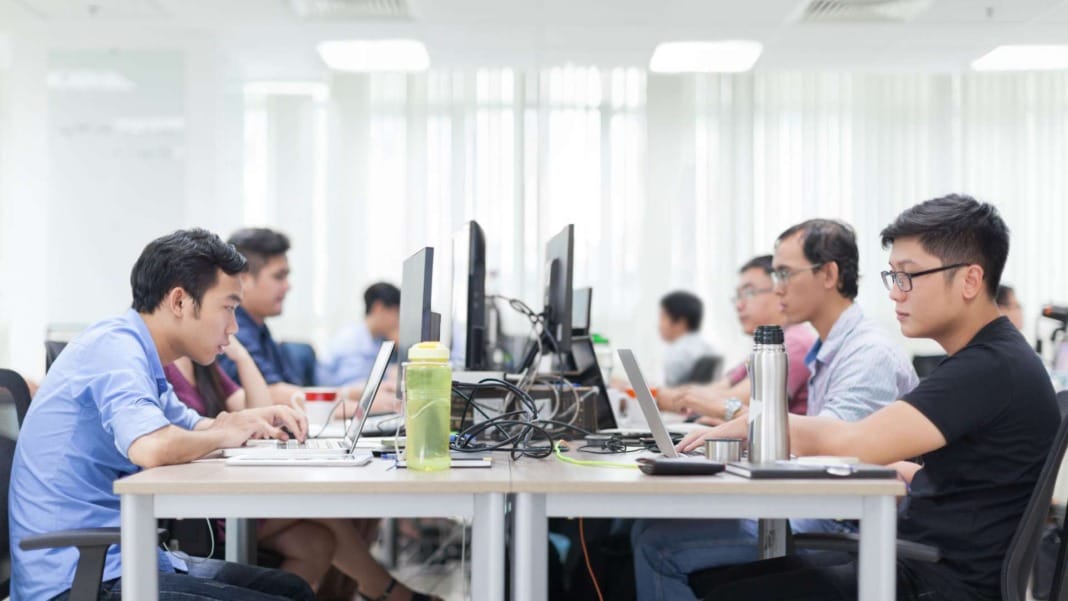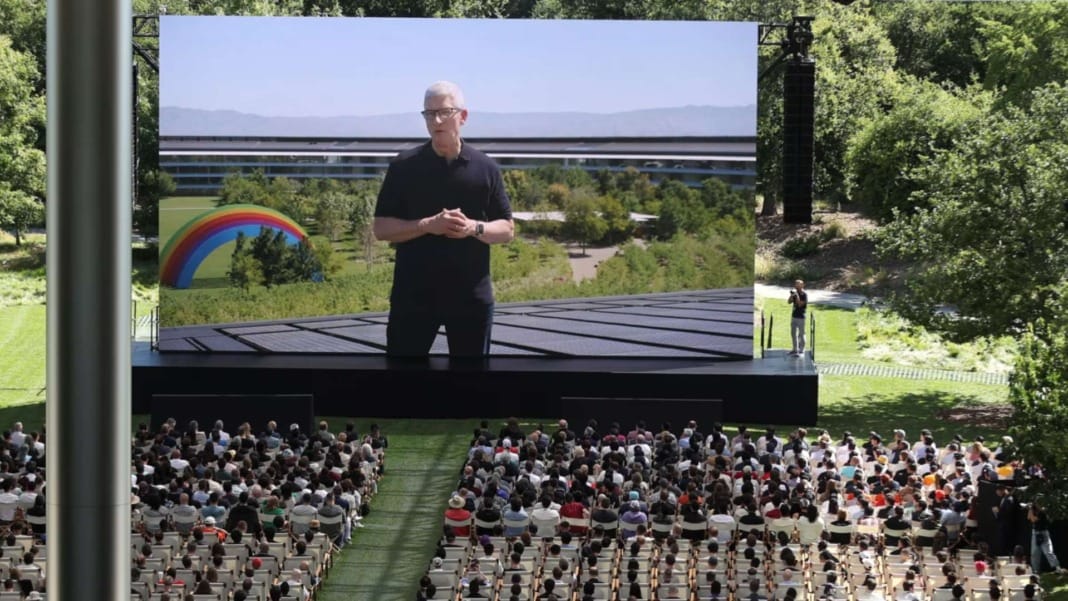In a groundbreaking revelation, a global survey by business automation company UiPath found that Singaporean Millennials and Gen Z workers lead the world in using generative AI tools at work. This survey involved 9,047 full-time employees from nine countries and highlights how these young Singaporean workers leverage AI to save time and increase productivity compared to older generations.
Generative AI adoption among younger workers
Singapore’s younger workers enthusiastically embrace generative AI to tackle various work-related tasks. The survey indicates that 60% of local employees have used these tools during work hours. Typical uses include drafting communications (44%), summarising long-form content (34%), and brainstorming ideas (34%). These applications demonstrate the versatility and efficiency of generative AI in everyday work scenarios.
Battling burnout with AI
Amidst harsh economic conditions, Singaporean workers are experiencing heavier workloads, leading to increased stress and burnout. Nearly a third (30%) of employees in Singapore reported feeling extremely or very burned out. To combat this, workers are seeking ways to reduce their workloads (62%), have more time and capacity to complete tasks (46%), and gain access to AI and automation tools, including generative AI (43%).
Generative AI is viewed as a promising solution to alleviate burnout by giving employees more time to focus on critical tasks. The survey reveals that 62% of Singaporean workers who use generative AI believe it has saved them significant time, with over 42% reporting savings of 10 or more hours per week.
Expert insights and government initiatives
Jess O’Reilly, Area Vice President of Asia at UiPath, emphasised the positive impact of generative AI and automation on productivity and work-life balance. She stated, “The findings from our survey indicate that Singaporean workers who utilise both technologies have seen greater productivity and an improved work-life balance. To foster a more fulfilled workforce, initiatives to plug skill gaps, foster greater trust in AI, and establish strategic private-public partnerships will be key to helping workers embrace digital transformation in the age of AI.”
The survey results align with the Singapore government’s efforts to promote AI adoption. In collaboration with partners like DataRobot, IBM, Singtel, and Temasek, the government launched Project Moonshot. This initiative provides a testing toolkit designed to address the security and safety challenges associated with large language models (LLMs), which are fundamental to many AI-driven solutions. Project Moonshot aims to ensure that AI technologies are implemented securely and effectively, supporting the broader digital transformation of Singapore’s workforce.
In summary, the UiPath survey underscores the significant role of generative AI in enhancing productivity and reducing burnout among Singaporean workers. With continued government and private sector support, Singapore is well-positioned to lead the global digital transformation landscape.





